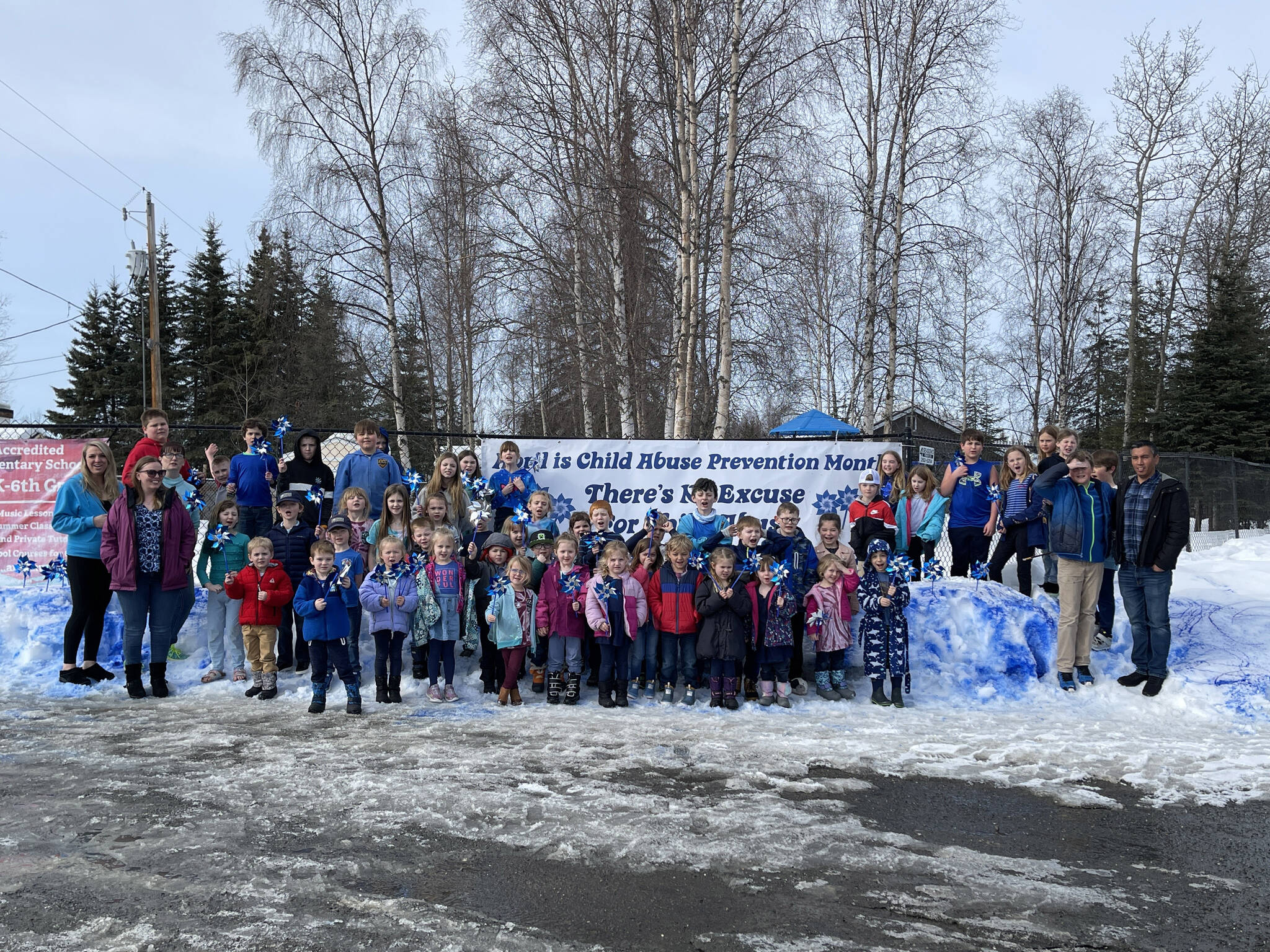When I asked my 7-year-old to write about a moment when she felt safe and allowed to be her true self, she responded with this:
“When I was with my mom, and my dad, and my dogs. They make me feel safe. I feel safe because they bark at people I do not know.”
Like hers, yours probably wasn’t a major event or moment, but it left a mark on your life. These positive experiences often seem small, but they can mean a lot to kids and are often remembered years, or even decades, later. These moments are so foundational that they even combat the negative effects of adversity and toxic stress kids face.
Most of Alaska’s kids grow up with the positive experiences they need to thrive — the strong, stable relationships with adults; the safe environments for living and learning; the opportunities for them to engage in their community and to have unstructured play with other kids.
Unfortunately, though, many of Alaska’s children do not have those positive experiences surrounding them. More than 17% of adults in our state say they experienced four or more potentially traumatic experiences growing up. Alaska has one of the highest rates of child abuse and neglect, per capita, in the nation.
These high rates tell us that we need to be consistently working to build a brighter future for Alaska’s children, youth and families.
Given these statistics, it’s time for a change in the narrative for kids in our state. During Child Abuse Prevention Month this April, let’s shift the focus away from abuse and instead refocus on how we can build strong supports, resources and tools that allow our children to grow up in safe and healthy families and communities.
By working hard to promote positive childhood experiences, we can combat the negative physical and mental health impacts that adverse childhood experiences (ACEs) can have on kids throughout their lives.
Research shows that when children are exposed to more positive experiences, they tend to have better mental health as adults, even if they also experienced a lot of childhood trauma. In fact, new research shows that the absence of positive experiences during childhood can be more damaging to a child’s future mental and physical health than the presence of ACEs, those adverse (negative) childhood experiences.
There’s no one definition of a positive childhood experience. They look different for every culture, community, family and child. But one thing we have in common across our state is that countless organizations, community groups and individuals are laying the groundwork to create positive childhood experiences for all our children, and every Alaskan has a part to play.
On the central Kenai Peninsula, we have a local work group that is focused on upstream prevention and family support, called, Southcentral Alliance for Family Resilience “SAFR.” This Alliance was developed by a longstanding coalition in our community, Change 4 the Kenai.
SAFR was created with on major focus: prioritizing the prevention of ACEs and creating and cultivating more positive experiences in our community, within our schools, and inside our homes.
This group meets monthly and consists of several agencies, stakeholders, partners and volunteers that care about the mission. Every single person has a role in this; do your part and get involved.
Reach out to Abby Struffert, southcentralconsultingak@gmail.com, to get connected to SAFR.



